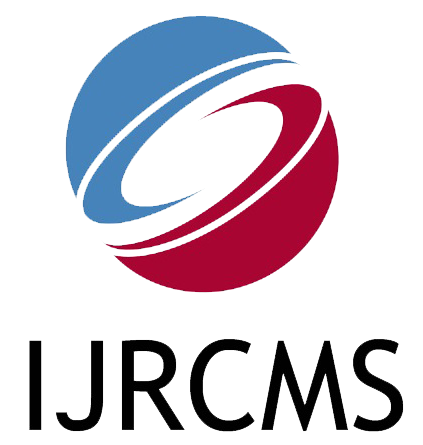| Title: STUDENTS’ PERCEPTIONS ON USING GOOGLE CLASSROOM FOR TEACHING OF BUSINESS EDUCATION COURSES IN UNIVERSITIES IN EDO STATE |
| Authors: DR. (MRS.) C. E. IHIONKHAN, DR. (MRS.) J. O. AKHIGBE and (MRS.) IGIEKHUME I. A. |
| Abstract: The study examined students’ perceptions of using Google classroom for the teaching of Business Education courses in universities in Edo State. The descriptive research design using the survey was adopted in the study. The population of the study covered all the four thousand two hundred and (4201) Business Education students of Ambrose Alli University, Ekpoma, and the University of Benin, Benin City. A sample of 420 students representing 10 percent of the students from both institutions was drawn using the simple random sampling technique. A researcher developed a questionnaire titled: Google Classroom Perception Questionnaire (GCPQ) was used to collect data. The test-retest reliability coefficient yielded an r-value of 0.79 and 0.82 on the usefulness and benefits of Google classroom respectively. Research questions 1 and 2 were analyzed using mean (𝑋̅) and standard deviation (S.D). The result showed that students have positive perceptions of the usefulness of various features of Google classroom including the singular screen view for student assignments, class arrangement, transfer of class ownership, new class integration, and also commenting features for teaching education courses in universities in Edo State. Also, they had favorable disposition on the benefits of Google classroom with reference to time and file saving benefits, flexibility, user-friendly interface, teachers’ evaluation, and feedback for teaching Business Education courses in universities in Edo State. It was thereby recommended that university management should take advantage of students’ favorable disposition toward Google Classroom by encouraging Business education teachers to introduce the use of the application for assignment and group projects. |
| Keywords: Google Classroom, Teaching, Learning, Business Education |
| DOI: http://dx.doi.org/10.38193/IJRCMS.2023.5102 |
| PDF Download |
International Journal of Research in Commerce and Management Studies (IJRCMS)
ISSN 2582-2292, An open access bi-monthly e-journal
